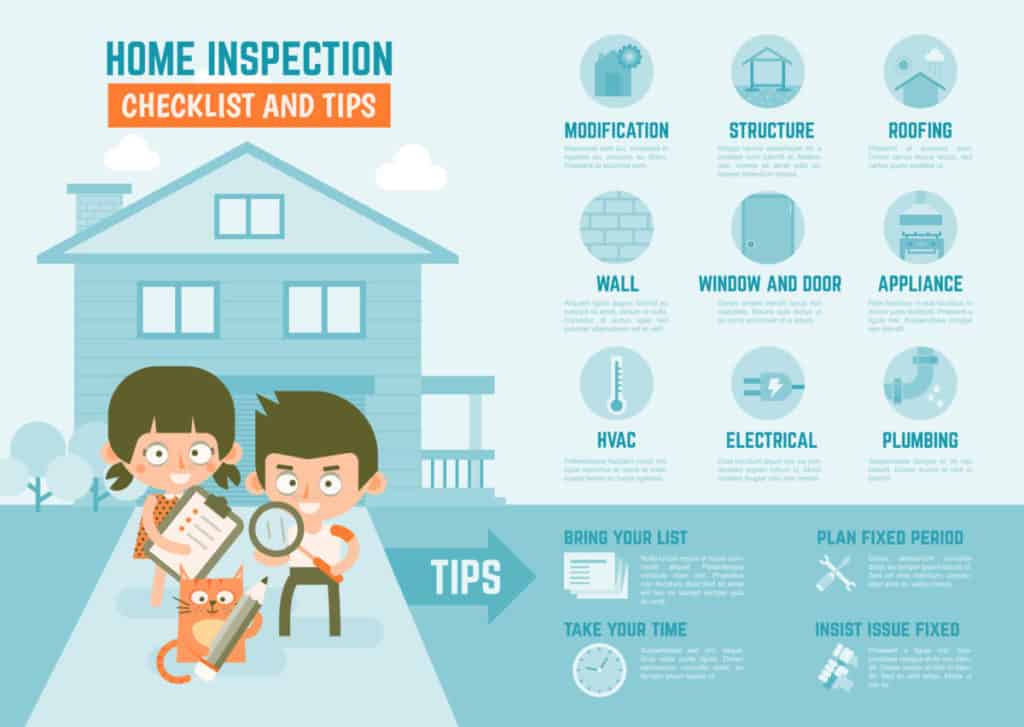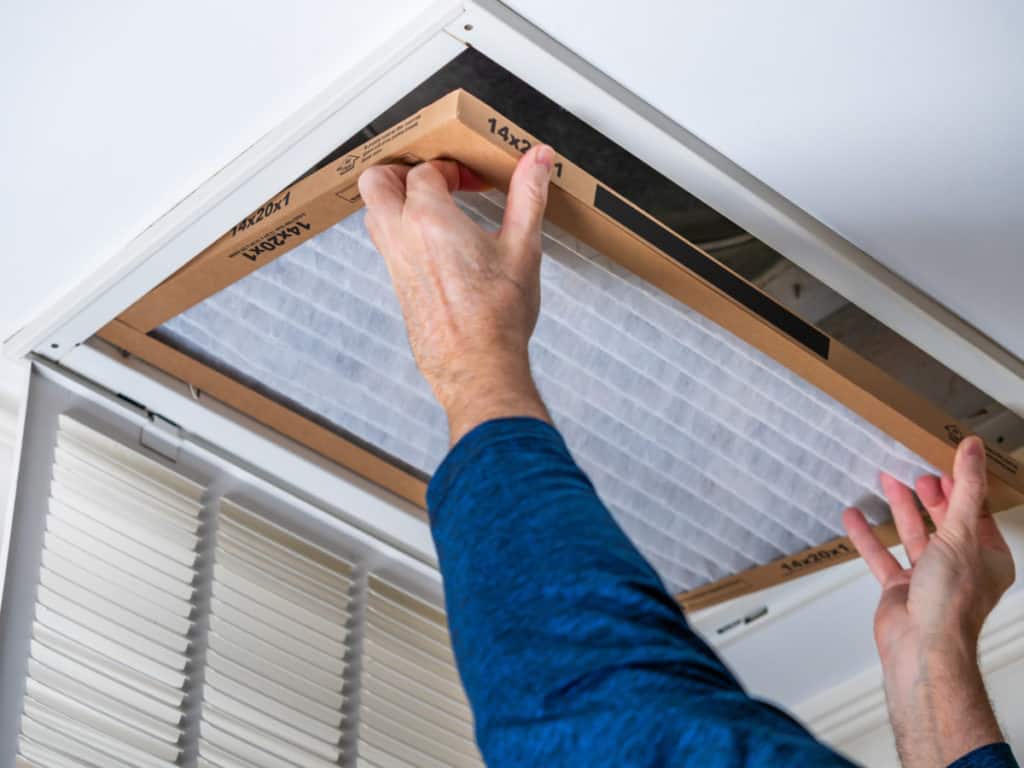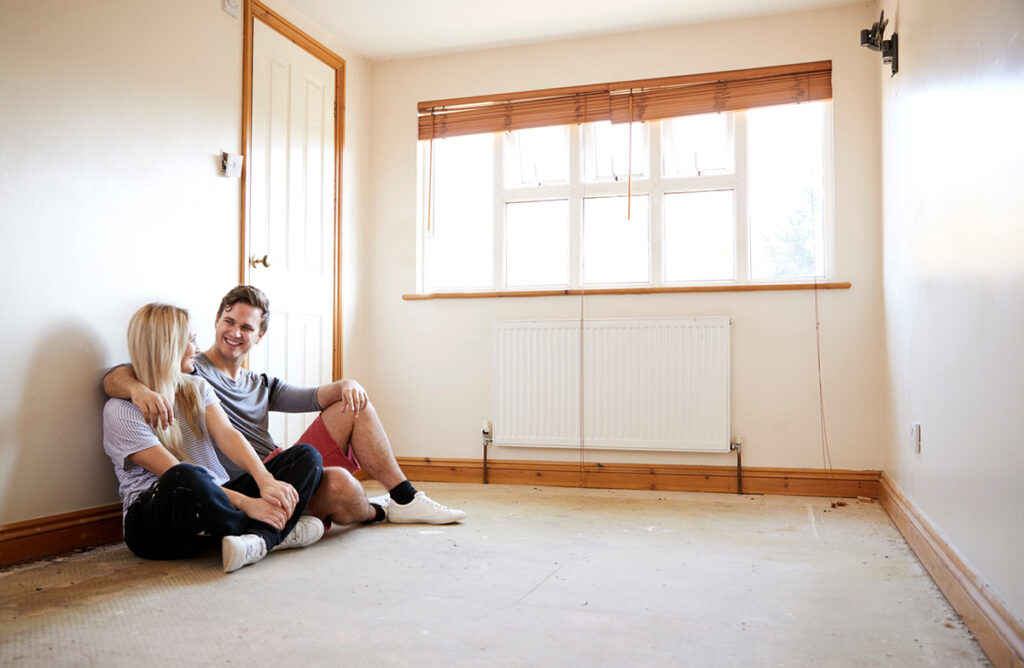You have just bought a new home for the first time in your entire life and you are now thinking about moving in to start a new life for yourself. But, as a new homeowner, you are still a novice in this endeavor and you don’t know much about how to maintain a home. Yes, your home needs to be maintained no matter how new it might be. That’s why, for the new homeowners out there, we have come up with the 14 best home maintenance tips that can help jumpstart this new chapter in your life.
- Have The Home Thoroughly Inspected Before You Complete The Purchase

Before anything else and before you actually decide to buy the new home and become a new homeowner, the first thing you need to do is to have the home thoroughly inspected. After all, you need to make sure that everything is in check and in order so that you can complete the purchase without any issues at all.
For the primary systems, make sure that you confirm with the seller the remaining years they have especially if you are buying a used home and not a brand-new one. And for the roof and all of the other important structures, you need to make sure that there are no damages or signs of impending damage whatsoever.
- Always Make Sure That You Have Your Home Inspected
If you are already a new homeowner after doing all of the necessary inspections, the next thing you need to do regarding inspections is to schedule regular inspections. The purpose of doing so is to check whether there are damages or problems with your home on a regular basis so that you can tell whether it is still structurally sound and so that you can have some of the possible damages repaired before they get too serious.
Most homeowners would wait until it is time to sell to have their houses inspected but shouldn’t be the case on your part as you can have the home inspected as often as possible even if you have no plans of selling it. You can have regular inspections schedule maybe once every two to three years but not maybe on an annual basis because that can be a bit too expensive for most people.
- Check The HVAC Filters

HVAC filters are important parts of the house especially when it comes to heating and cooling it. On top of that, HVAC filters prevent dust and debris from entering your home’s heating and cooling system so that it would perform without any problems. As such, it is essential that you inspect your HVAC filters regularly.
You can start by having the HVAC filters checked maybe twice a year to make sure that they are functioning well. By doing so, you can help keep your house well-maintained as far as the quality of the air in your home and the efficiency of your heating cooling system are concerned.
- Caulk The Windows
If you want to cut down on your bills especially when it concerns the heating and cooling of your home, you may want to caulk your windows first. The reason for this is that caulking your windows minimizes that air that passes through them so that your heating and cooling system will work at its best without wasting too much energy trying to heat or cool a house with windows that allow too much air to pass through. Get your window caulk shipped free right to your door here.
- Keep An Eye On Your Weather Stripping
Similar to how you should caulk your windows, you should also keep an eye on the weather stripping around the windows and doors of your home so that you can cut down on the bills. See to it that your weatherstripping is adequate enough to keep the heat or the cold inside your home as much as possible to help save more money. Need to replace yours? Amazon has the cheapest rates around.
- Trim The Trees
If your new home has trees surrounding it, you don’t have to cut down the entire structure. Trees can be great when it comes to shading your home while providing quality air. However, they can be problems if the tree branches begin to touch your home. Pick up this pole saw that extends from 7 to 30 feet and is crazy light!
In that case, the best thing to do here is to trim the branches as much as possible so that you can minimize the chances of rodents and insects entering the house. Just trim the trees to the point where the branches won’t be able to touch your home.
- Maintain Your Home By Yourself As Much As Possible
The truth is that you shouldn’t be relying on comprehensive maintenance for your home’s maintenance because you can do that by yourself. That means that, as much as possible, you should do the inspections yourself such as check the gutters for debris or inspecting the HVAC filters. There are some inspections that are easy enough for simple homeowners to do without relying too much on professionals.
- Make Sure That You Inspect Your Plumbing And Drains Regularly

The importance of your plumbing and drains can never be overstated. After all, that’s where all of the dirty water passes through. In that regard, you should make sure that you inspect your plumbing and drains regularly. Try to check whether there are some roots or some rocks that may have blocked your drains or have a professional do it for you if it seems too difficult of a job for a novice to do.
- Inspect Your Crawl Space For Moisture
When the days are rainy or when your pipes are leaking, your crawl space may end up becoming a host for molds especially when it becomes too moist. Molds can quickly deteriorate your home when they end up building up. As such, you should try to install a vapor barrier to make sure that there is no excess moisture in your crawl space.
- Retouch The Exterior Paint
Your home’s exterior needs to be maintained more often than the interior. While it might be true that you are using your interior more than the exterior, you have to understand that your home’s exterior takes the brunt of the effects of the elements such as rain, heat, or snow. As such, the paint will need to be retouched as often as possible.
Try to check the home’s exterior to see if it needs to be repainted. Signs such as paint starting to chip or when the paint already looks too faded may prompt you to have your exterior repainted as soon as possible.
- See To It That Your Roof Is In Top Shape

Your roof is the home’s first line of defense against the elements or else you would end up with a home that is constantly leaking or a house that cannot get warm whenever it’s the winter or cold whenever summer hits.
While most roofs can last for up to 30 years, that is merely an idealistic estimation as some roofs may only last for about a decade or so. That’s why you have to keep an eye on your roof and make sure that it is still in top shape. Have it repaired or replaced whenever necessary.
- Dust Your House Whenever Necessary
Dust will always be a regular part of a homeowner’s problem because it will always be there no matter what you do. And the problem here is that dust can greatly affect the different appliances and important components of your home especially when it blocks the filters of your heating and cooling system, your washer, and the other appliances in your home.
As such, a prudent homeowner should see to it that he or she dusts the home as much as possible so that you can keep dust out of the house without ever allowing it to steadily and slowly build up over time.
- Check The Driveway For Cracks

It is quite normal for your driveway to crack because of how the changes in the weather and the season can contract and expand the ground under it. And the problem when it comes to cracks in your driveway is that they will allow weeds to grow from under the ground.
That’s why it is important for you to consistently check the driveway for cracks whenever possible. If there are cracks, make sure that you seal them promptly so that weeds won’t end up growing out of the small openings on your driveway.
- Make Sure That You Know How To Shut Off Your Utilities
This part of home maintenance is often overlooked by a lot of homeowners but it is quite important especially when there are moments where you need to shut your utilities down in case of emergency. That means that you should know where to turn off the gas, water, and electricity on the very first day that you inspected the house. Of course, you should also learn how they work. This can be a lifesaver especially when there are emergency situations that require you to shut off certain utilities in your home to prevent further damage.

